Russia’s Free Companies and their medieval counterparts
- By Stavros Atlamazoglou
Share This Article
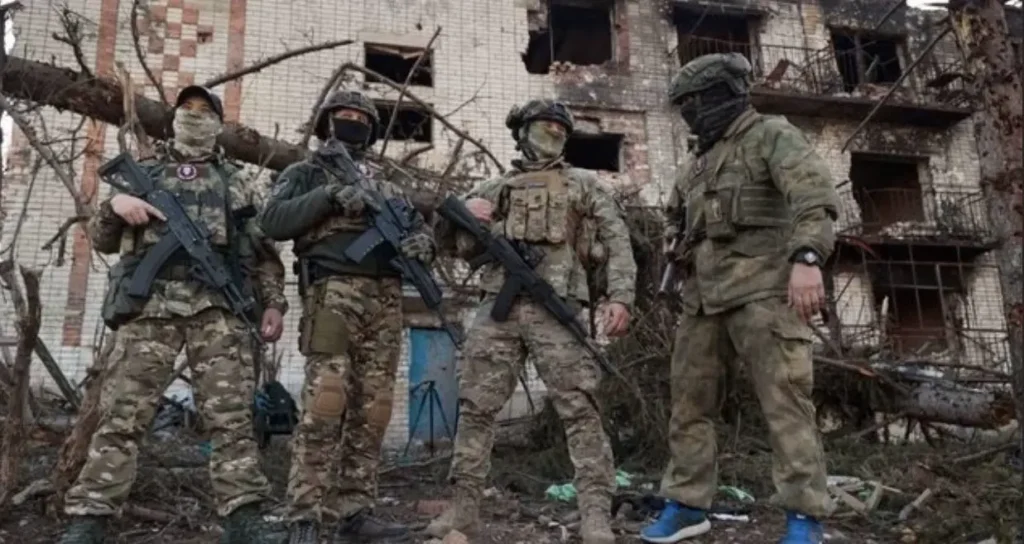
The war in Ukraine is the largest conflict on European soil since the end of World War II.
In the 19 months of combat, the two combatants have lost approximately 500,000 troops killed and wounded, according to U.S. intelligence estimates, and there are hundreds of thousands of additional troops fighting.
The extremely heavy losses have forced both Ukraine and Russia to come up with innovative ways to replenish their ranks.
One of those methods comes straight out of the Middle Ages and one of the longest conflicts in history.
The Hundred Years’ War and the Free Companies
From 1337 to 1453, England and France clashed in what would become known as the Hundred Years’ War. (The conflict actually lasted 116 years with intermittent truces and the arrival of the Black Death.)
The fighting took place mostly in France, with some proxy warfare in Spain and Belgium. Some of the most famous battles of the medieval ages were fought in the conflict, including Sluys, Crecy, Poitiers, and Agincourt.
In an age where chivalry and religion shaped how people viewed life and warfare, the Hundred Year’s War left a mark. Warfare at the time was particularly brutal, and the preferred method to wage it made it even more so for innocent people. As a way to taunt the other side into battle, the two sides (but mainly the English) launched Chevauchées (raids) on enemy territory that stole and burnt anything they could for miles. Sometimes, the opposing side would respond, and a big battle would take place, like in Crecy and Poitiers. In the backdrop of this, the “Free Companies” emerged.
Related: Battle priests – These are the 5 most famous holy men at war
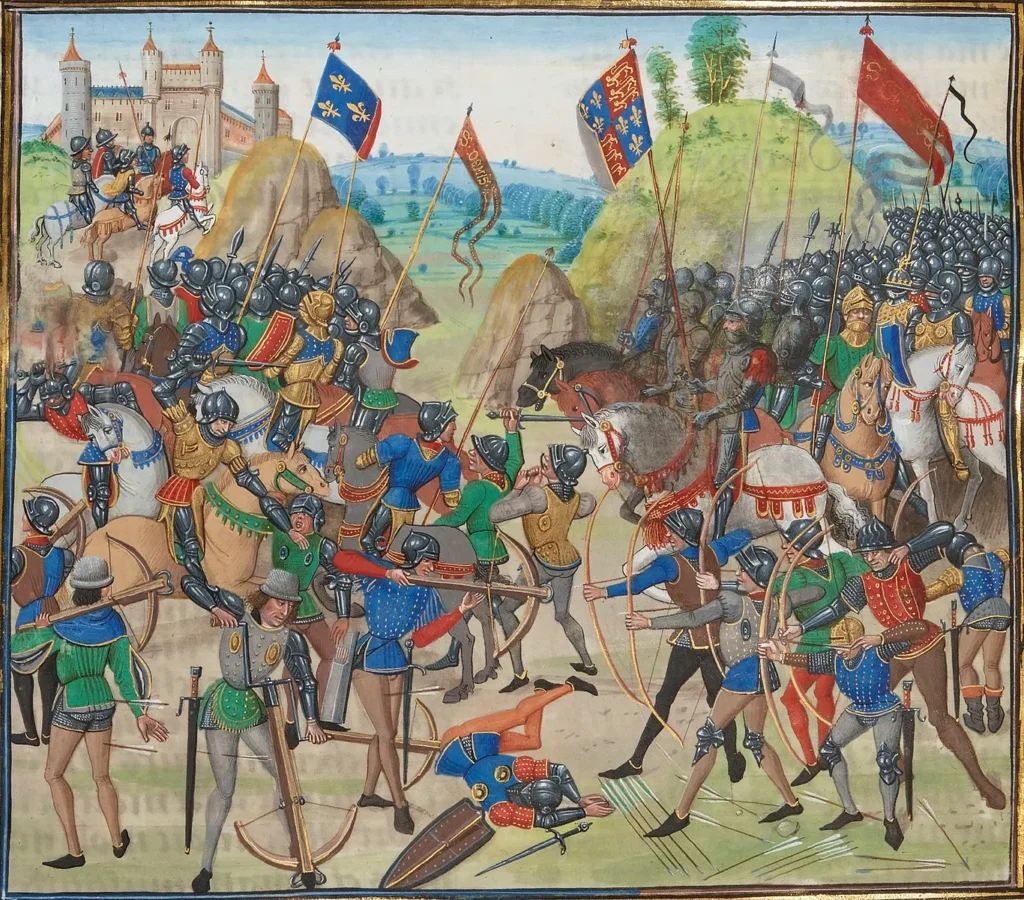
During the truces between the two kingdoms, English soldiers left in France formed the Free Companies and started terrorizing parts of the country. Led by experienced commoners and sometimes noblemen, the Free Companies captured castles and exacted tribute from villages and towns. Their composition was as complicated as the politics of the time.
In addition to Englishmen, there were Scots, Welshmen, French, Flemish, Germans, and Italians in the Free Companies. Essentially groups of roaming mercenaries, the Free Companies would rejoin the royal armies once war would officially break out again.
Now, almost 700 years since the Hundred Years’ War began, the Russian forces are forming their own versions of Free Companies.
Russia’s Free Companies
The Russian campaign in Ukraine is the one now benefitting from the roaming troops looking for action.
“In recent weeks, up to hundreds of fighters formerly associated with the Wagner Group private military company (PMC) have likely started to redeploy to Ukraine as individuals and small groups, fighting for a variety of pro-Russian units,” the British Military Intelligence assessed in its latest estimate of the war.
The Wagner Group private military company has played an important role in the conflict in Ukraine. It was Wagner Group mercenaries who in May captured the town of Bakhmut in the Donbas after more than a year of fighting. But after months of fighting on the frontlines, the private military company went rogue when its leader, Yevgeny Prigozhin, launched a failed coup d’etat against Russian President Vladimir Putin in June.
It was all over in 24 hours for the Wagner Group, and Putin forced the mercenaries to hand over their heavy equipment to the Russian military and leave for Belarus. Some of them stayed there, while others are seeking their way back to the frontlines.
“The exact status of the redeploying personnel is unclear, but it is likely individuals have transferred to parts of the official Russian Ministry of Defence forces and other PMCs,” the British Military Intelligence stated.
The Wagner mercenaries will certainly help their Russian effort on the ground because of their combat experience and effectiveness.
“Several reports suggest a concentration of Wagner veterans around Bakhmut: their experience is likely to be particularly in demand in this sector. Many will be familiar with current front line and local Ukrainian tactics, having fought over the same terrain last winter,” the British Military Intelligence added.
The English Free Companies of the Middle Ages proved to be highly successful. Whether the modern Russian version proves enough to alter the war in Ukraine remains to be seen on the battlefield.
Read more from Sandboxx News
Related Posts
Sandboxx News Merch
-

‘AirPower’ Golf Rope Hat
$31.00 Select options This product has multiple variants. The options may be chosen on the product page -

‘Kinetic Diplomacy’ Bumper Sticker (White)
$8.00 Add to cart -
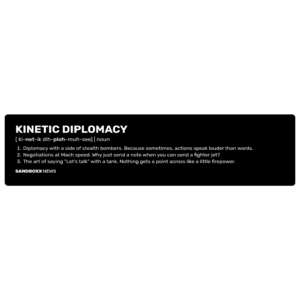
‘Kinetic Diplomacy’ Bumper Sticker (Black)
$8.00 Add to cart
Stavros Atlamazoglou
Greek Army veteran (National service with 575th Marines Battalion and Army HQ). Johns Hopkins University. You will usually find him on the top of a mountain admiring the view and wondering how he got there.
Related to: Ukraine
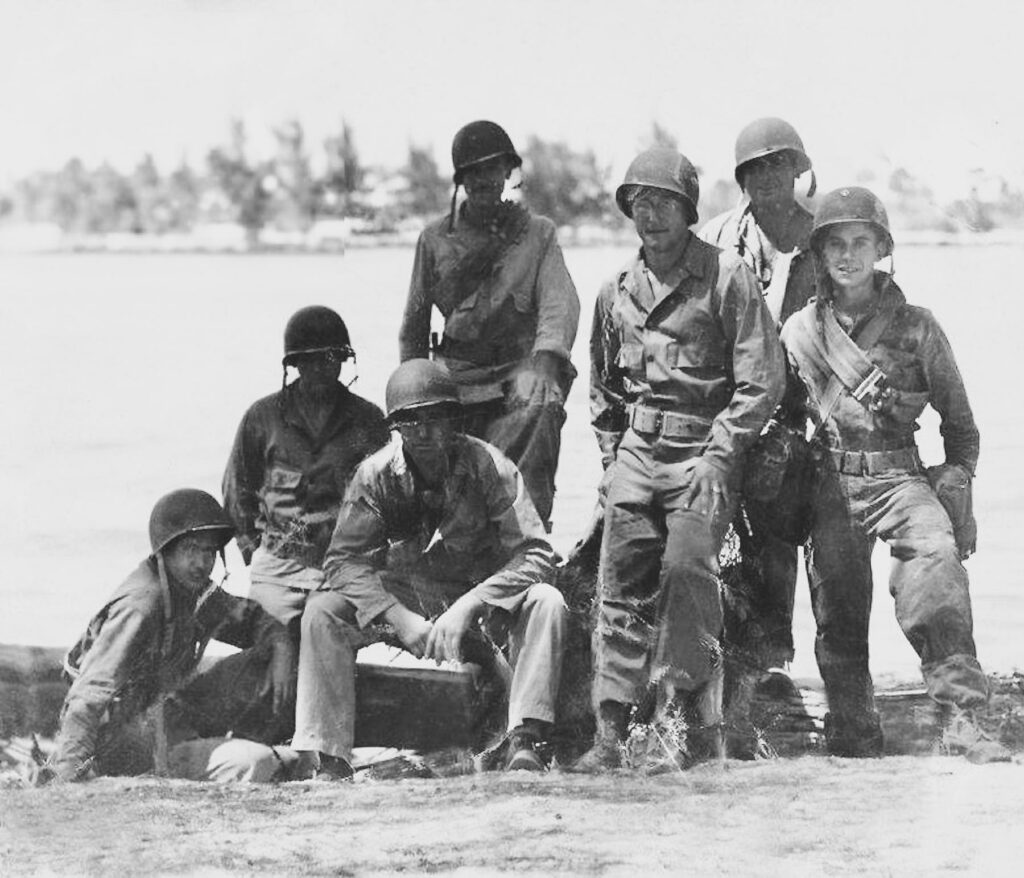
Before the Navy SEALs came the Underwater Demolition Teams
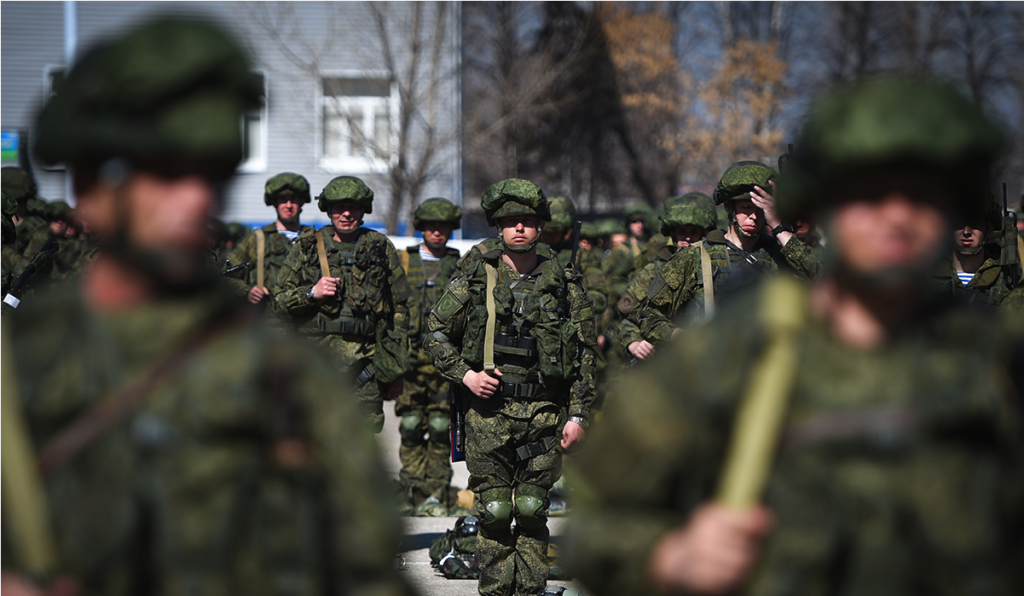
US is freezing military aid to Ukraine – and that will help Russia
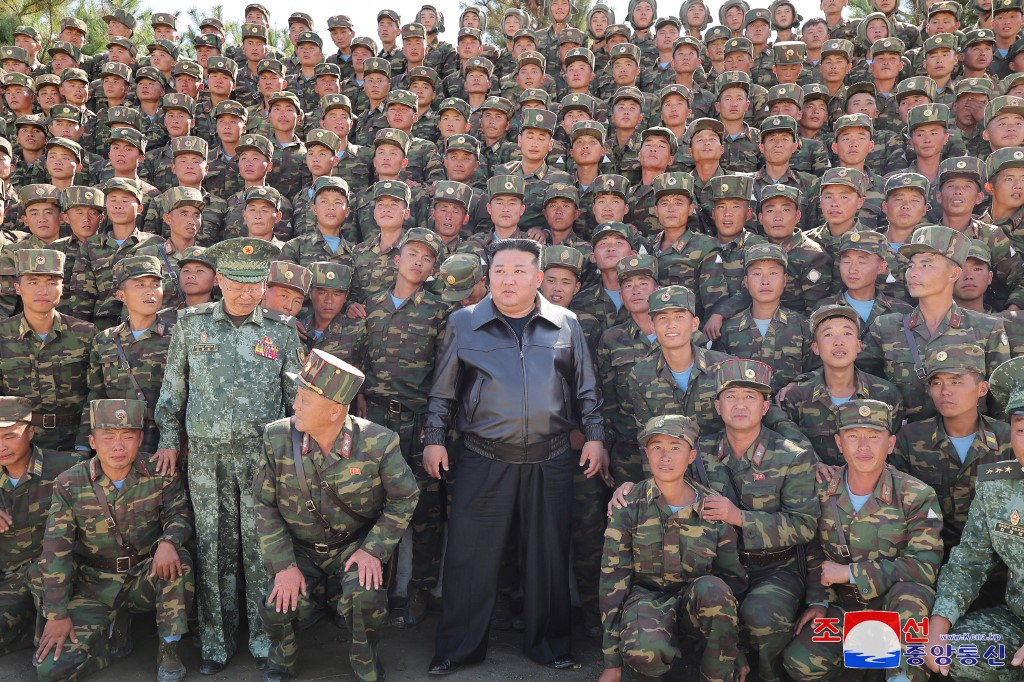
North Korean troops in Ukraine seem stuck in the Cold War, evidence suggests
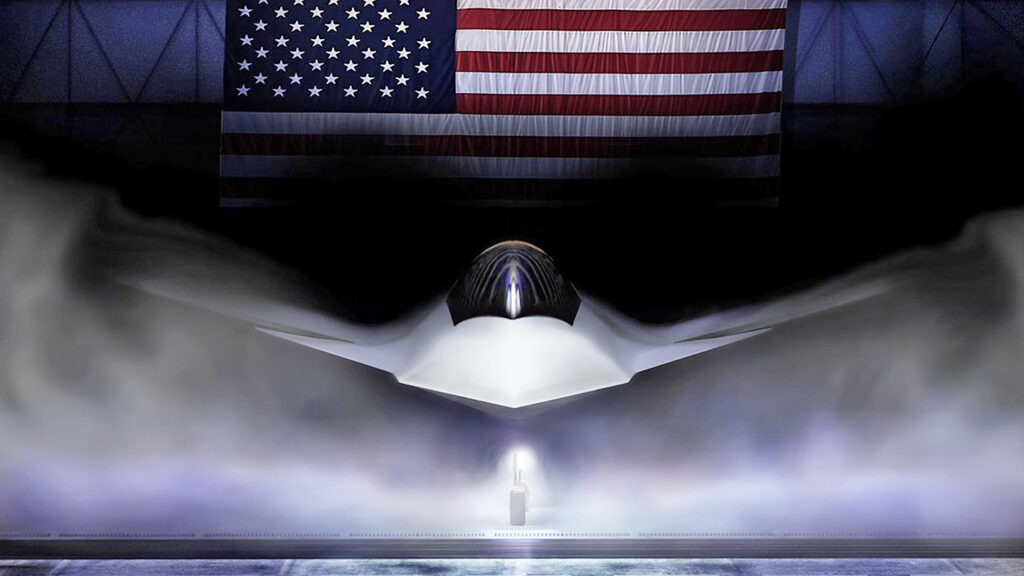
Boeing has managed to win the contract for America’s NGAD fighter
Sandboxx News
-

‘Sandboxx News’ Trucker Cap
$27.00 Select options This product has multiple variants. The options may be chosen on the product page -

‘AirPower’ Classic Hoodie
$46.00 – $48.00 Select options This product has multiple variants. The options may be chosen on the product page -

‘AirPower’ Golf Rope Hat
$31.00 Select options This product has multiple variants. The options may be chosen on the product page -

‘Sandboxx News’ Dad Hat
$27.00 Select options This product has multiple variants. The options may be chosen on the product page
